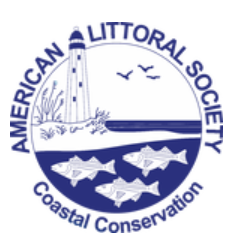
Leaders in coastal conservation since 1961, the American Littoral Society, a 501 (c)3 non-profit organization, promotes the study and conservation of marine life and habitat, protects the coast from harm, and empowers others to do the same.
The beauty of the beaches, the power of the waves, the splendor of sunsets attracts millions to visit the coast. Millions more reside here, living off the bounty of the ocean and estuaries. The American Littoral Society was organized when a group of skin divers volunteered their services to the recently established research laboratory of the US Bureau of Sport Fisheries and Wildlife at Fort Hancock, NJ. The lab’s assistant director, John R. Clark, became the Society’s first president.
Eventually, the scope of the Society’s interests became broader than just observation of shore areas, reaching from study to conservation, education and advocacy. The Society remains a steward of a long stretch of coastline that runs along the northeast. The American Littoral Society continues to believe in the value of citizen scientists, makes them an integral part of our work, and advocates for best environmental practices.
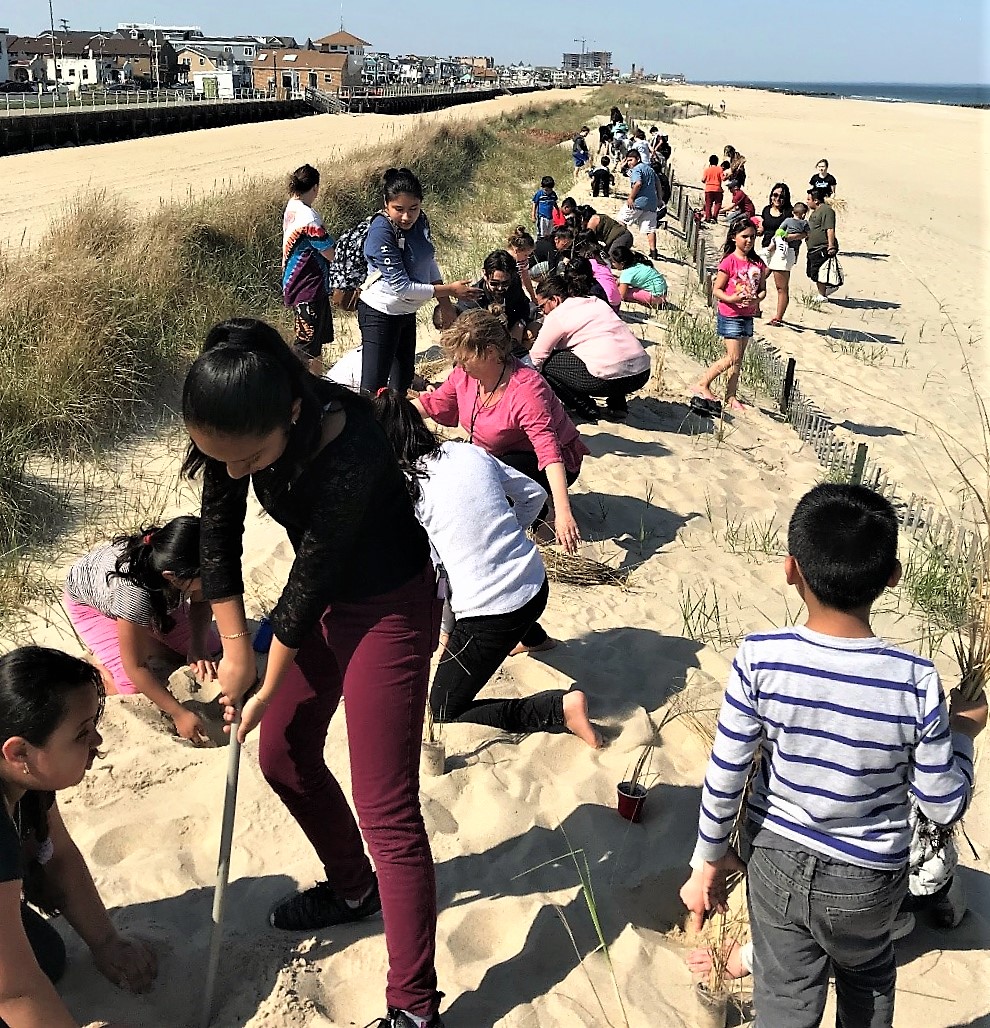
Since 1961, the Littoral Society has been working to protect and restore the shore for everyone. Based on New Jersey’s Sandy Hook, they see the beauty and feel the energy that draws people to coastal communities. They work to protect and restore that splendor through education programs for people of all ages; advocacy for federal, state and local laws and policies; and restoration projects that focus on nature-based solutions to threats such as pollution, loss of habitat and climate change. The American Littoral Society promotes the study and conservation of marine life and habitat, protects the coast from harm, and empowers others to do the same.
The Society’s main programs are in the areas of Education, Conservation, Habitat Restoration, Policy, and Fish Tagging.
The Education Program provides environmental programs to people of all ages through in-school curricula, coastal experiences for students, and interpretive walks for the public.
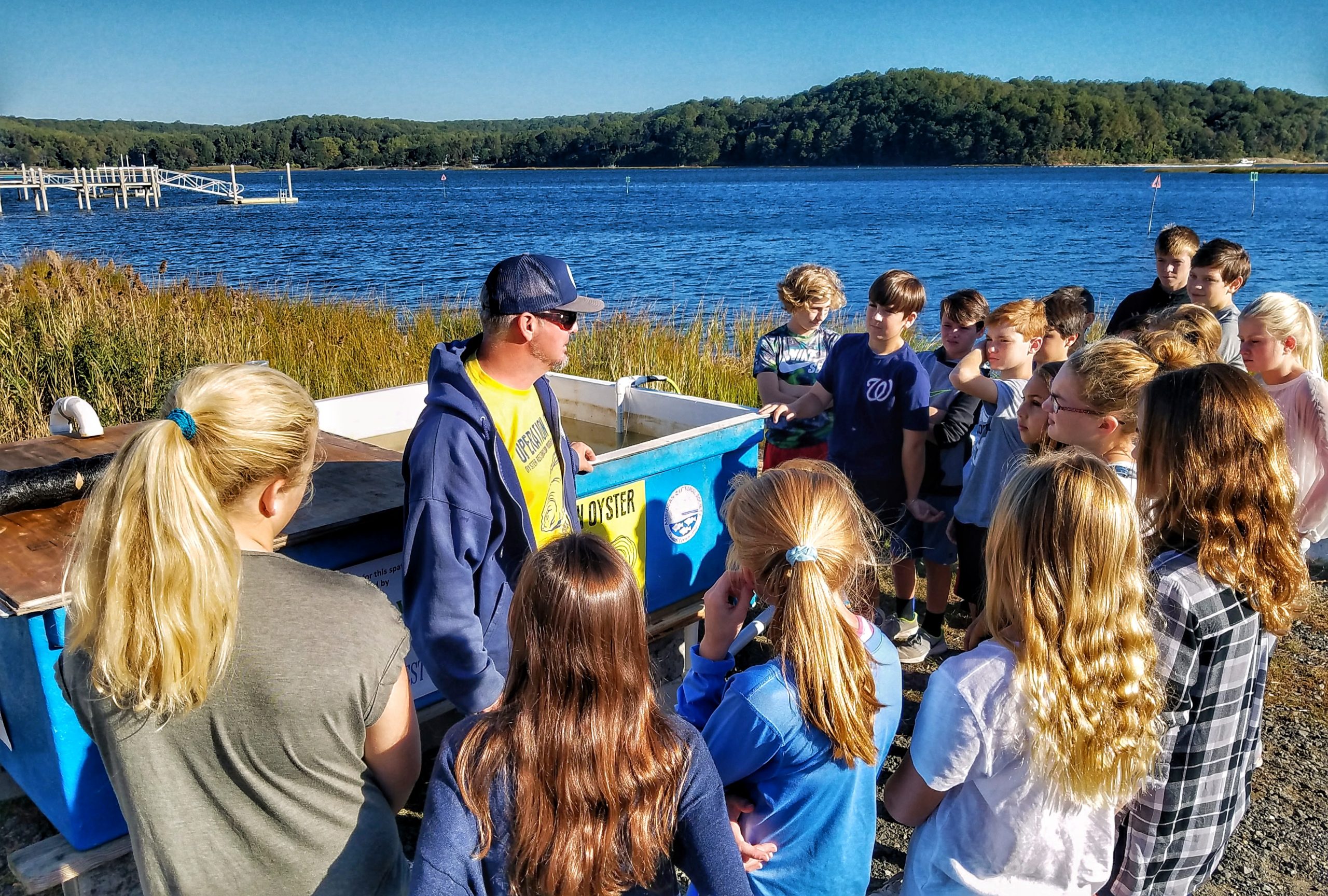
The Habitat Restoration Program restores, creates, and enhances important coastal habitats for fish and wildlife, and improves the resiliency of communities.
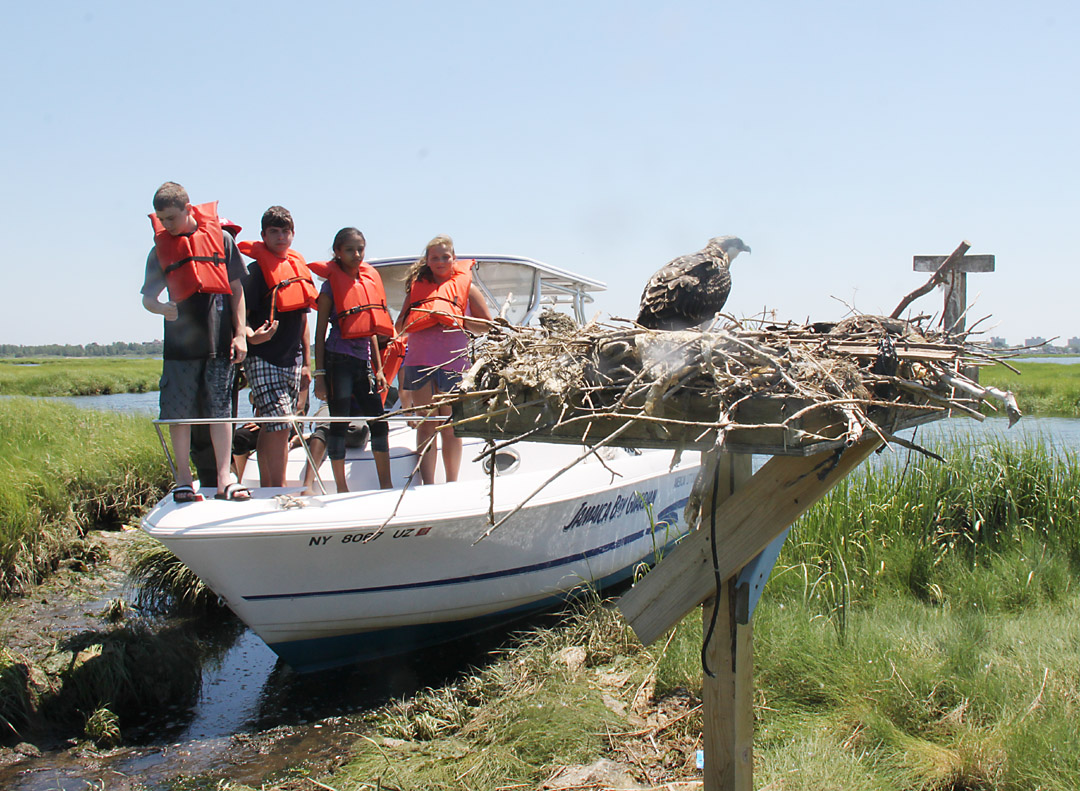
The Policy Program monitors and advises policy makers at the local, state, and national levels to advocate for environmentally sound decisions to ensure the health and safety of our natural areas.
The Fish Tagging program monitors recreational angler impact on fish populations while collecting data to inform fish conservation and management at the national level.
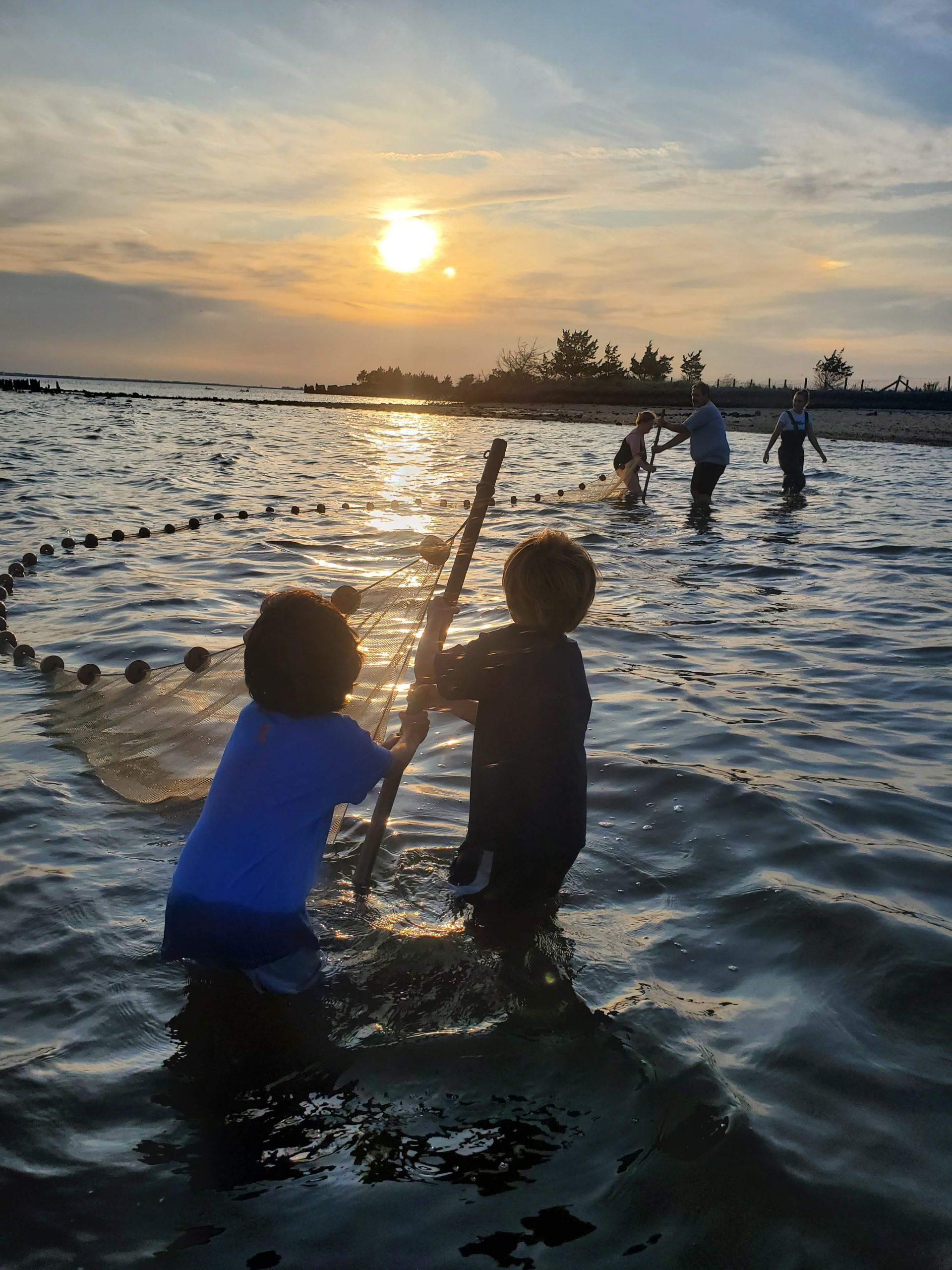
Conservation is not a separate program, but instead is integrated into the work done by the other programs.
In addition to large scale habitat restoration projects along beaches in the Delaware Bay, marshes in New York’s Jamaica Bay, and coastal lakes in New Jersey, the Society’s work also includes:
In 2018, the Society planted over 104,000 native plants, returned 200,000 oysters into our waterways, created jobs for 21 youth through restoration internships, tagged 18,500+ horseshoe crabs, removed over 60,000 pounds of trash from NY State shorelines, connected over 13,000 people to the coast through their New York State Beach Cleanup Program, volunteerism, and educational programs, and tagged 11,364 fish to track migration and growth.
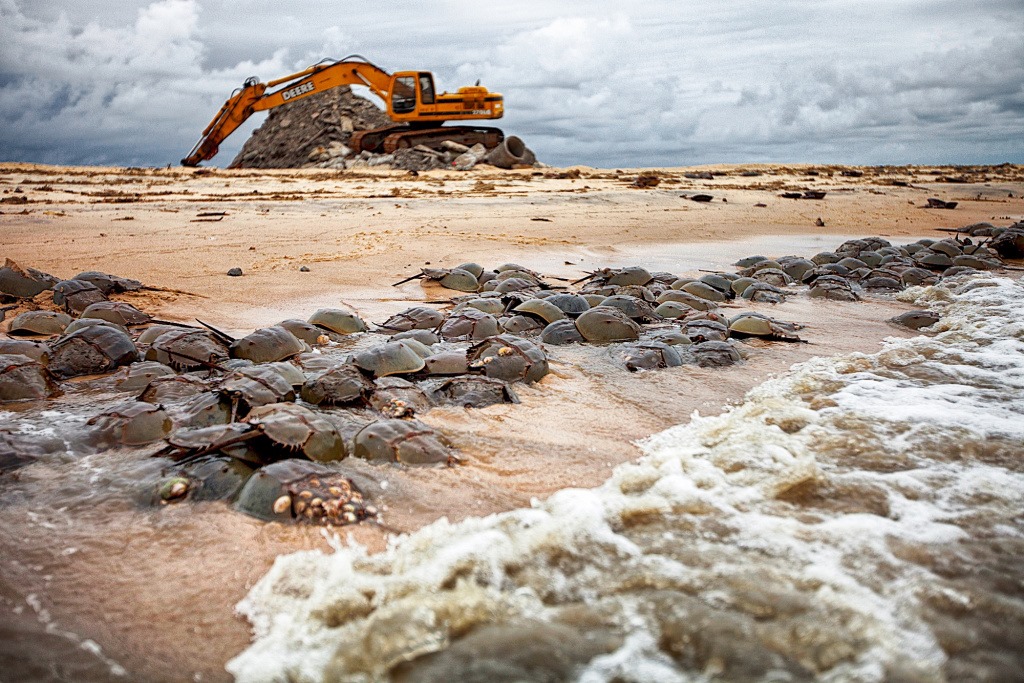
To learn more about the American Littoral Society, and see 2019 and 2020 program impact information, visit their website at www.littoralsociety.org and/or follow them on Facebook, Instagram, and Twitter.